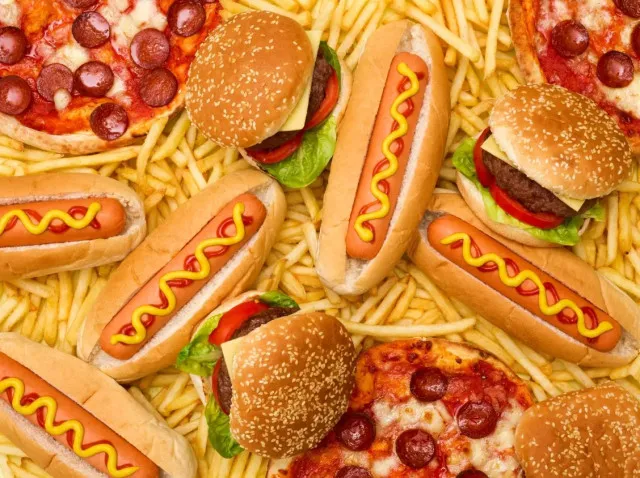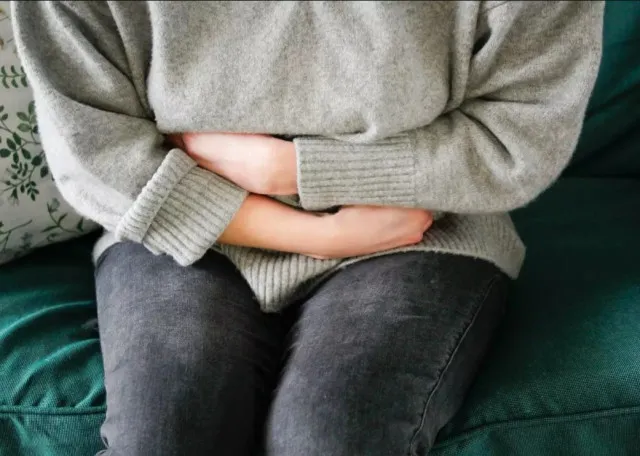A doctor explains how the body reacts after a streamer dies from a 10-hour food binge, detailing severe health impacts.
A recent tragedy has brought attention to the dangers of extreme eating challenges.
A popular streamer passed away after a 10-hour food binge, leading to a detailed explanation by a doctor about how much such excessive eating can impact the body.

Chinese streamer dies on live stream after overeating for 10 hours
In a shocking incident, a popular Chinese streamer, Pan Xiaoting, tragically passed away while taking a 10-hour food binge challenge.
The 24-year-old streamer is known for her mukbang videos where she consumes excessive amounts of food.
As a result, she consumed more than 10 kg of food in a single meal.

According to an autopsy report, Pan Xiaoting’s stomach was filled with undigested food, and her abdomen was severely deformed.
Mukbang’s videos were banned in China in 2020 to curb food waste and prevent overeating.
Unfortunately, in Xiaoting’s last broadcast, her excessive eating is believed t to have contributed to her death.

Doctor explains body’s response after the passing of streamer
This tragic event led Dr. Gareth Nye, a senior lecturer at Chester Medical School in the UK, to speak out.
He is warning about the dangers of extreme eating challenges.
Dr. Nye explains that the body normally signals feelings of fullness, but competitive or extreme eaters may not have this mechanism.
When devouring a large amount of food, the stomach stretches to hold it, but the release to the intestines is strictly controlled.
As a result, much of the food will move through the intestines undigested.
This can cause a dangerous condition called “dumping syndrome.”

This lead to a range of unpleasant symptoms, including heavy sweating, rapid heartbeat, nausea, and diarrhea.
Moreover, the influx of undigested food can lead to ‘way too much glucose’ in the body, triggering a stress response that can be life-threatening.
Dr. Nye compares the interest in over-eating videos to the fascination with ‘pimple popping’ videos.
He worries that these practices might negatively affect young viewers, especially.
“There are only so many calories the body can take in so much of the food will go through the intestinal transit undigested,” he added.

Dr. Nye says that watching over-eating videos is like the morbid curiosity people have for “pimple popping” videos.
“In my opinion, it is glamorizing unhealthy eating practices to a wide audience,
particularly children which I worry will lead to issues within the wider population as our children grow and develop,” he concluded.